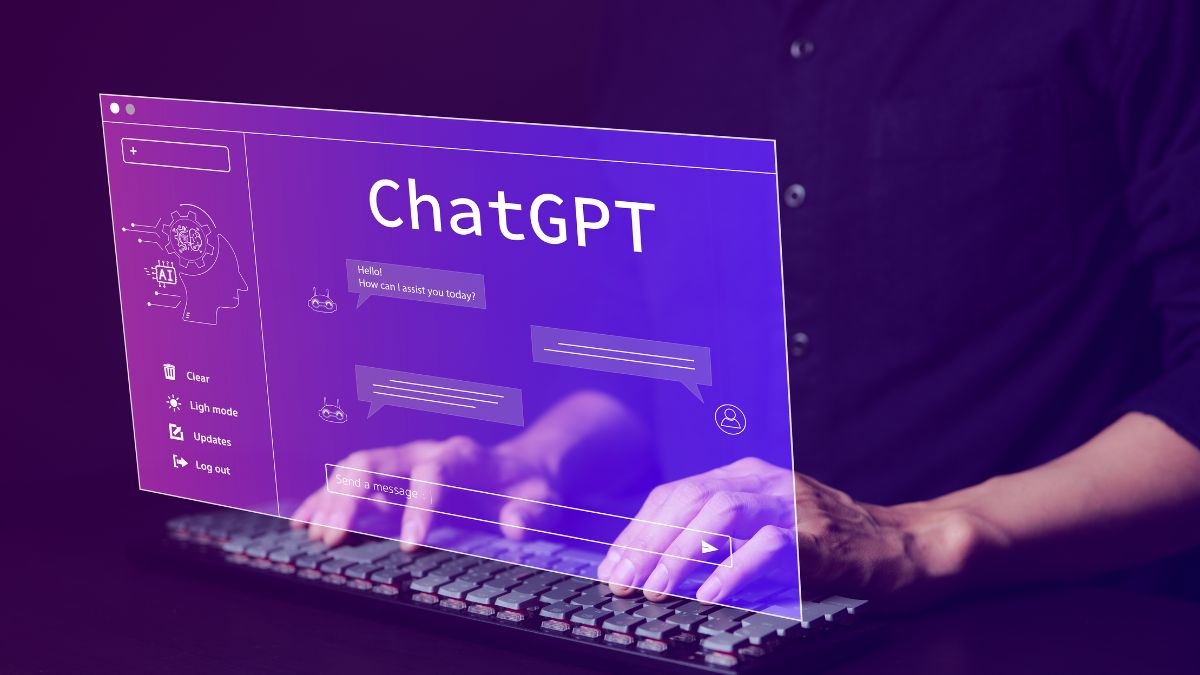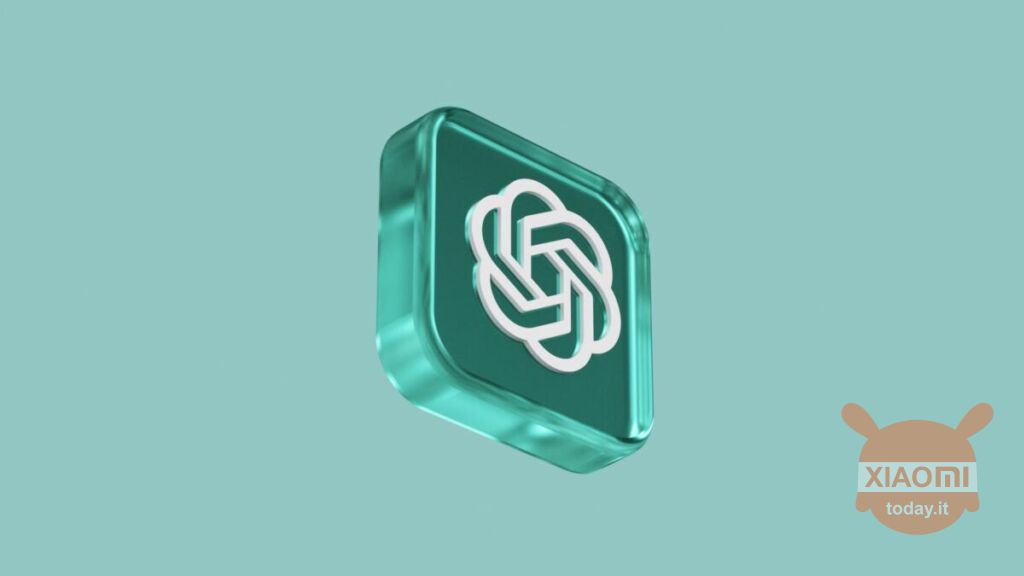
A recent Unannounced update of OpenAI's use policy has raised debates and questions. The organization, previously known for its staunch opposition to the use of its products in the military, now appears to have opened the doors to new possibilities. ChatGPT can be used for military applications, which was previously prohibited by the rules written by OpenAI. And what will happen now?
OpenAI's breakthrough: ChatGPT opens up to military applications and uses. Good or bad?
The recent change to OpenAI's usage policy marked a significant turning point. Traditionally, OpenAI it had a clear policy against the use of its technologies in the military and war sectors. However, this restriction has been removed, leaving room for different interpretations and potential military applications.
The news site The Intercept was the first to notice this change on January 10th. In a constantly evolving industry like technology, unannounced updates in usage policies are common, but this particular change it doesn't seem to be a simple matter of clarity or readability, as stated by OpenAI.
The policy change may not be directly linked to OpenAI's recent announcement regarding customizable versions of its GPTs, but rather suggests a broader reconsideration of the role and responsibilities of the company in the military context. In fact, despite the removal of the explicit ban on military use, OpenAI maintains a general prohibition on the development and use of weapons.

Read also: GPT Store is official: you can now earn with personalized GPTs
It is interesting to note that the military is not exclusively concerned with armaments; his involvement in basic research, investments, small business funding and infrastructure support it is well documented. Here, OpenAI's GPT platforms could find useful applications, as in the example of military engineers using GPT to summarize decades of documentation on a region's water infrastructure.
In short, ChatGPT will be used for military applications but it is not certain that its technology, which is GPT-4, GPT-6 and GPT-7 will be integrated into armaments. However, the easy interpretation of the rules written on the policy could be a great obstacle for the detractors (in hindsight) of war and armaments.
This raises complex questions about how to define the relationship between companies and government or military funding. A historical example is the “Maven project” by Google, which exceeded the acceptable limits for many. The issue becomes even more complicated when considering the use of technologies like GPT-4 in military-funded academic settings.
The complete removal of the “military and war” ban from OpenAI's prohibited uses list suggests that the company is, at the very least, open to serve military customers. This leads to broader questions about where it should be the ethical line has been drawn in the use of advanced technologies. While there are potentially beneficial, non-war applications, there is a risk that these technologies could be used in ways that go beyond simple research and development.








